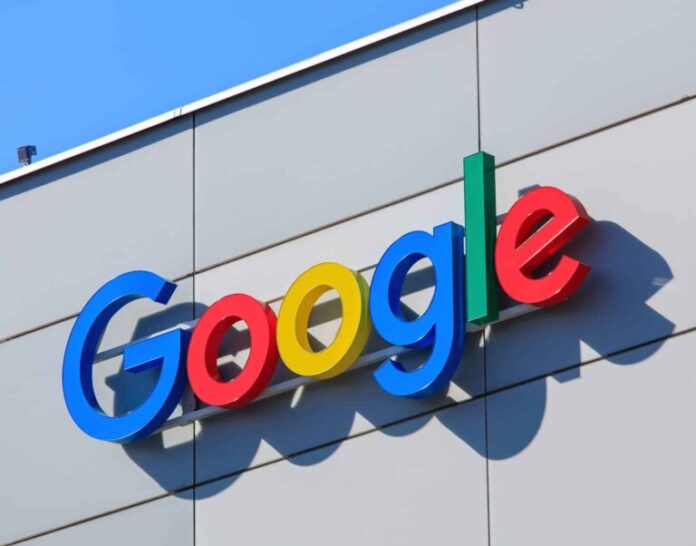In a pivotal development in the ongoing antitrust case against Google, the tech giant on Friday countered the U.S. government’s call for the divestiture of its Chrome browser. Google proposed that a more effective remedy would be to prohibit the company from leveraging its software’s market dominance as a condition for licensing its popular apps, including Chrome, Play Store, and Gemini.
This move comes in response to the U.S. Department of Justice’s (DOJ) November recommendation for a radical restructuring of Google’s operations. The DOJ has called for the dismantling of Google’s business model, including banning its deals to make Google Search the default engine on smartphones and limiting its control over the Android operating system.
The antitrust trial against Google reached a critical milestone earlier this year when U.S. District Court Judge Amit Mehta ruled that Google held monopoly power in the search market. The ongoing deliberations now focus on determining appropriate remedies for the antitrust violations.
Google’s filing outlined a 12-page proposed order urging Judge Mehta to impose restrictions that would bar the company from requiring favourable treatment of its software as a prerequisite for licensing. This measure would target Google’s longstanding agreements with mobile device manufacturers and carriers, ensuring they are not compelled to pre-install Google’s search engine or make it the default choice.
However, the proposal stops short of addressing the DOJ’s call for a breakup. Google argues that its suggested measures adequately address the competition concerns without dismantling its Chrome browser or other services. The proposed order explicitly allows Google to provide incentives to mobile manufacturers or carriers for distributing its products, provided the agreements do not impose undue obligations.
The DOJ’s recommendation for a breakup marks one of the most significant regulatory challenges faced by a tech giant in decades. If enacted, it would represent the most drastic intervention since the government’s failed attempt to break up Microsoft in the late 1990s.
The DOJ’s antitrust case has zeroed in on Google’s confidential agreements with major smartphone manufacturers, including Apple. These deals, which involve substantial payments, secure Google Search as the default engine on browsers and devices, granting the company unmatched access to user data. This data, the DOJ contends, has fortified Google’s dominance in the global search market, creating barriers for competitors.
Judge Mehta’s ruling will likely face appeals, potentially extending the case for years and escalating it to the U.S. Supreme Court. Meanwhile, the outcome could also hinge on political changes, as President-elect Donald Trump’s administration is set to assume office in January. The new leadership could choose to continue the case, negotiate a settlement with Google, or even abandon the legal battle.
Regardless of the immediate decisions, the case has already signalled a seismic shift in U.S. antitrust enforcement, marking a departure from decades of relatively hands-off regulatory approaches to tech giants.




